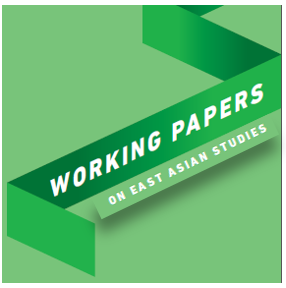Improving Intergroup Relations through Actual and Imagined Contact : A Field Experiment with Malawian Shopkeepers and Chinese Migrants
We examine the ability of intergroup contact to ameliorate the effect of in-group bias on economic
outcomes.
Specifically, we employ randomized experiments to test whether actual and imagined contact
is effective in reducing prejudice between indigenous Malawian shopkeepers (in-group), and their Chinese
migrant counterparts (out-group), and test the stability of these changes over time. We find differing
results with actual contact. Local Malawians’ attitude towards Chinese migrants did not improve,
but their willingness to spend time with them did. In contrast, actual contact led to improvement in
the Chinese migrants’ attitude toward local Malawians, but did not increase their willingness to spend
time with them. These effects persisted over a time period of at least ten days. Imagined contact had
no impact on Malawians’ attitude towards or willingness to spend time with Chinese migrants.

